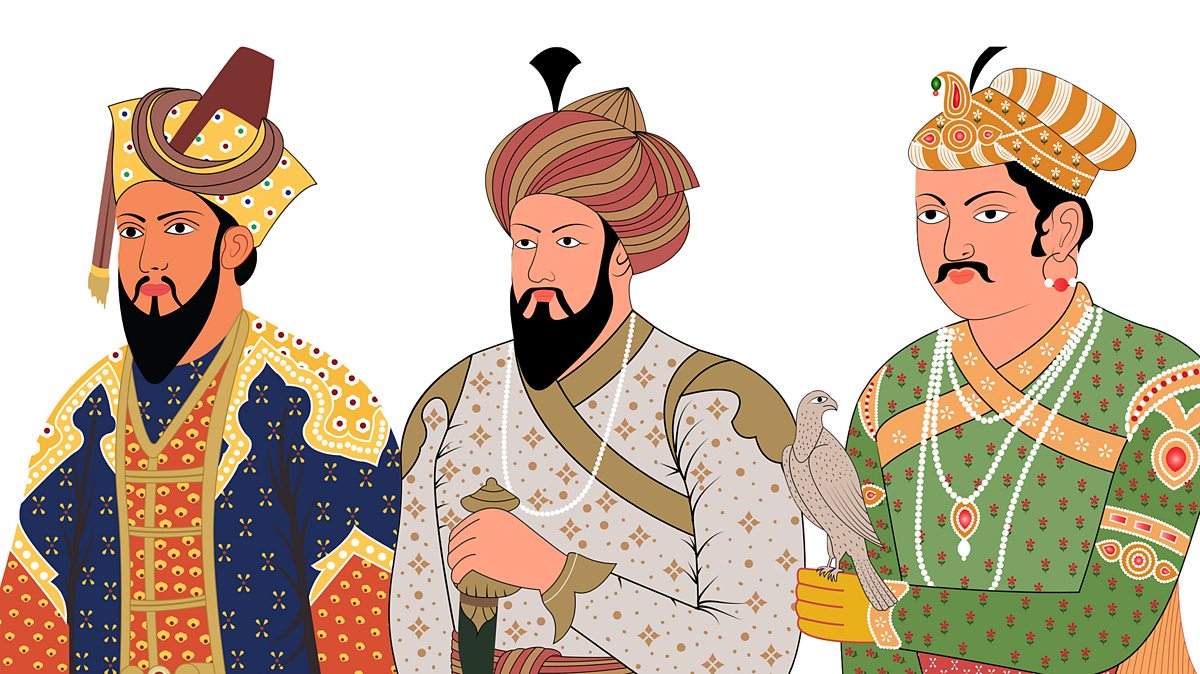Font size:
Print
Satnami Community
Context:
‘Desecration’ of Religious Symbol Sparks Outrage in Satnami Community, in Chhattisgarh.
More on News:
Their agitation stemmed from the purported vandalism of ‘Jaitkham’ (a revered symbol of the Satnami sect).
About Jaitkham:
- The ‘Jaitkham’, also known as the Victory Pillar, holds profound significance for the Satnami community.
- It symbolises their spiritual heritage and resilience.
- Located at the Amar Gufa, it serves as a sacred site for worship and religious gatherings, embodying the community’s identity and history.
About Satnamis:
Satnami community is also referred to as the Satnami sect or the Sadhan sect.
- Founder
-
- The term “Sat naam” was popularised by 15th-century Bhakti poet Kabir, although it is possible that it was coined earlier.
- Kabir, a prominent figure in the Nirguna bhakti tradition, referred to the concept of “sat naam” or “satya naam” in several of his poems.
- The Satnami community was founded in 1657 by Birbhan, a mendicant inspired by Kabir’s teachings, in Narnaul, Haryana.
- Community
-
- The community comprises farmers, artisans, and people from backward castes.
- The sect emphasises three principles: wearing Satnami attire, earning money honestly, and not tolerating injustice or oppression.
- Rituals and Superstition
-
- Rituals and superstition were condemned, and allegiance was explicitly rendered to Kabir.
- Caste distinctions within the community were forbidden.
- Most Satnamis belonged to the “Untouchable” caste group engaged in leather work.
- Teachings: Satnami’s preachings emphasise sympathy with the poor and hostility towards authority and wealth.
- Revolt
-
- In 1672, Satnamis revolted against Aurangzeb due to increased tax demands.
- The Mughals killed thousands of Satnamis and nearly wiped out the community.
- Revival: Satnamis revived in the mid-18th century in Uttar Pradesh under Jagjivan Das and in Chhattisgarh under Ghasidas.
- Guru Ghasidas (1756-1836 AD)
-
- He was a famous saint from Chhattisgarh and he established the “Satnami Community” there.
- He strongly believed in equality and criticised the oppressive caste system.
- He was a monotheist and was against idol worship.
- This rejection of deity worship allowed Satnamis to transcend temple-entry restrictions.
- Ghasidas asked his followers to drop their surnames and use “Satnami” instead.


